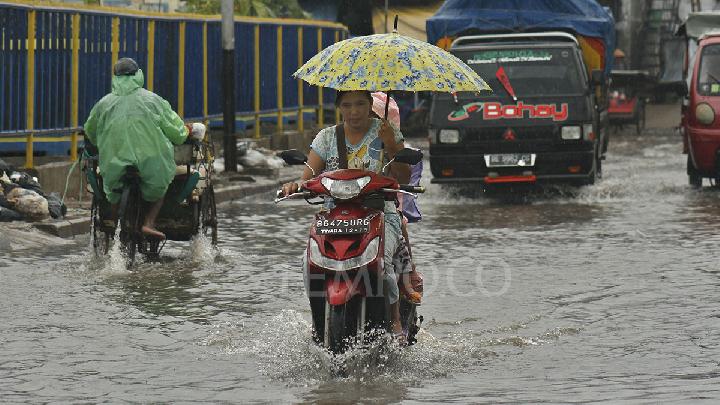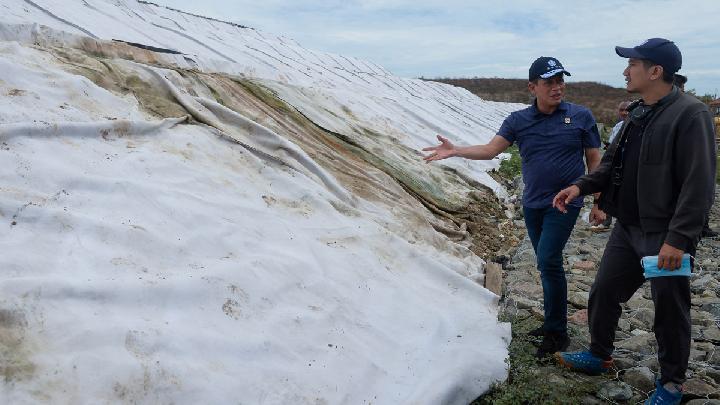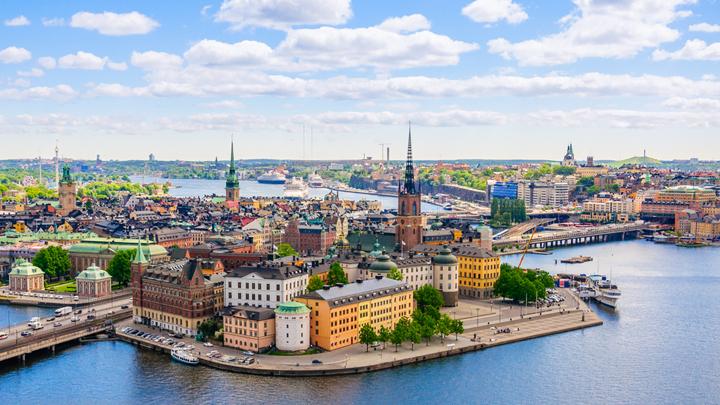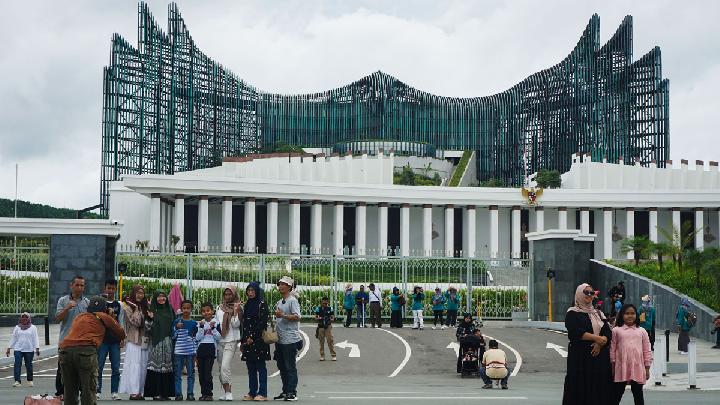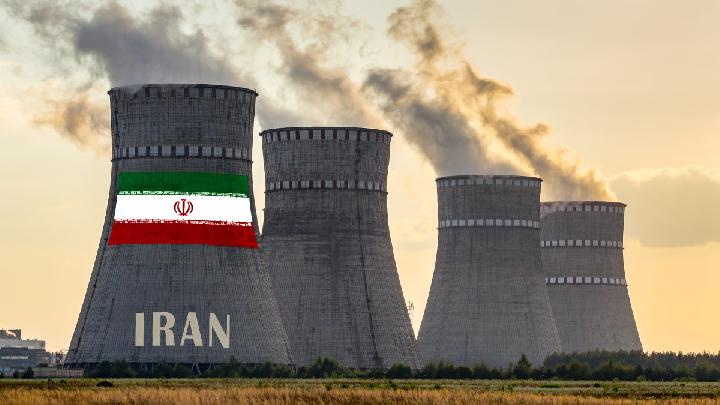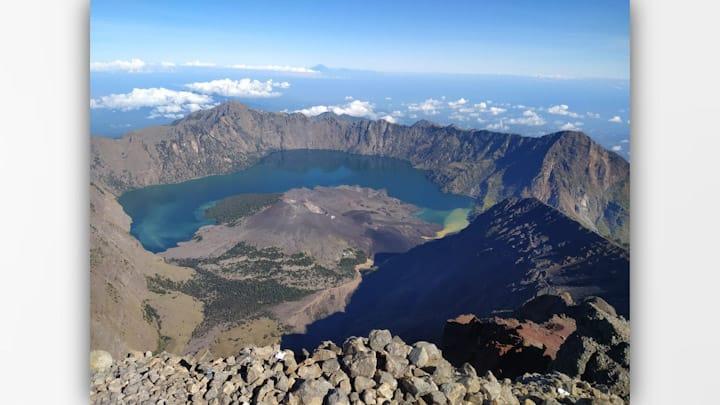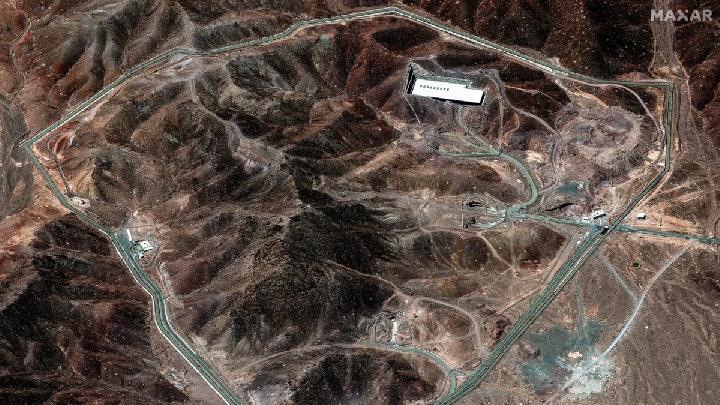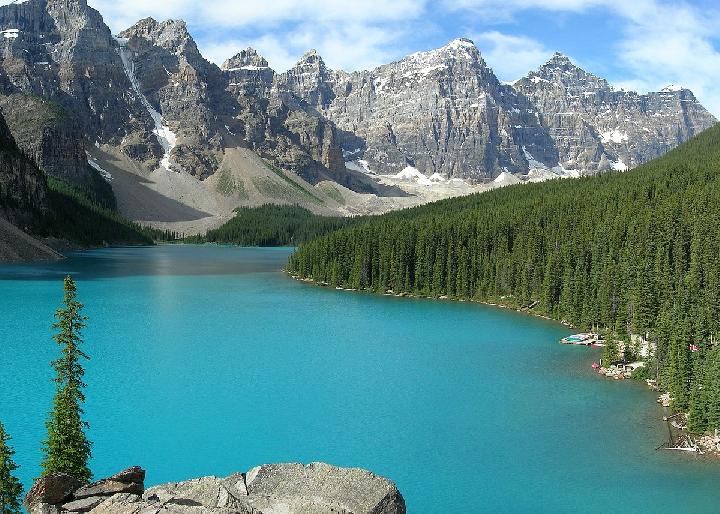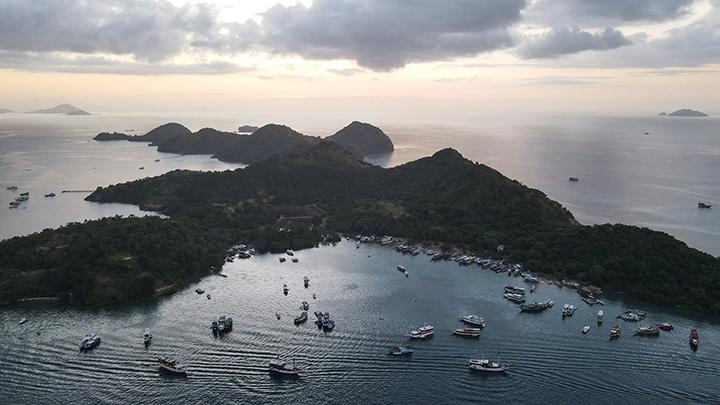
TEMPO.CO, Jakarta - The Forestry Law is no longer relevant in the face of the climate crisis. A change of paradigm is needed.
THE Forestry Law is now 26 years old. For a regulation that should be dynamic and responsive to the changing times, this is too old. The House of Representatives (DPR) is currently deliberating revisions to Law No. 41/1999. But it seems that the people’s representatives do not wish to designate forests as ecological landscapes, which have a reciprocal relationship with people and other living creatures.
The deliberations over the revisions to the Forestry Law are still limited to the utilization and use of forest areas to foster economic growth and development. Therefore, the discussions are only related to exploitation to provide revenues for the state. The DPR members have yet to see the intangible benefits from forests, which are far larger than simply timber, mining or foodstuffs that can be turned into commodities.
Amidst climate change, inclusive forest management is an important foundation to prevent the apocalypse coming sooner. The forests of Indonesia, together with those in the Amazon and the Congo Basin, are the last bastion for controlling global temperatures by absorbing the greenhouse gases resulting from technological development and industry, which cause global warming.
Therefore, the old paradigm that categorized forests into conservation, protected or production categories is no longer relevant. The fact is that protected and conservation areas have been exploited for economic gain, such as for tourism, mining, and food estates. Therefore, forests need to be divided into two categories: permanent forests purely for conservation and reserve forests for development.
Throughout the New Order era, 64 million hectares, half of the country’s forests, were divided into concessions for more than 600 companies. The result is forest areas that are no longer forested. These forests that have been cleared are categorized as reserve forests to be used for restoration. Their commodities are environmental services such as ecotourism, bio-prospecting and carbon, which is the new prima donna in the emissions market.
This way, the development of forests would no longer be extractive, prioritizing access for large corporations that turn them into plantations or mines. Forest restoration that can still provide economic, social, or environmental benefit is social forestry. This scheme, besides being a proven method of conserving forests, involves more people in and around them. This way, forests become an arena to develop Indonesia from the periphery.
Another important matter in the revision of the Forestry Law is the recognition of indigenous community. So far, customary communities have come up against Article 67, which requires bylaws before the state can recognize them. This political process frequently does not side with indigenous people and is at odds with the 2012 Constitutional Court ruling that designated three types of forest: owned, state, and customary.
If this article is revoked, indigenous communities have an opportunity for state and legal recognition for their regions. Empirically, indigenous communities have proved able to protect and preserve forests. The granting of forestry concessions to extractive industries has marginalized customary and local communities and has triggered unending social conflict.
With a change to the forest paradigm from commodity to ecological landscape, the members of the DPR will be making a contribution to preventing three planetary crises: climate change, the loss of biodiversity, and pollution. And forests will be preserved and will protect us from the destruction caused by uncontrolled exploitation.
Singapore to Recruit 1,000 New Teachers Every Year
4 jam lalu

Singapore is set to recruit 1,000 new teachers annually for the next few years
Prabowo Highlights Climate Change, Global Health Crisis at BRICS Summit
2 hari lalu
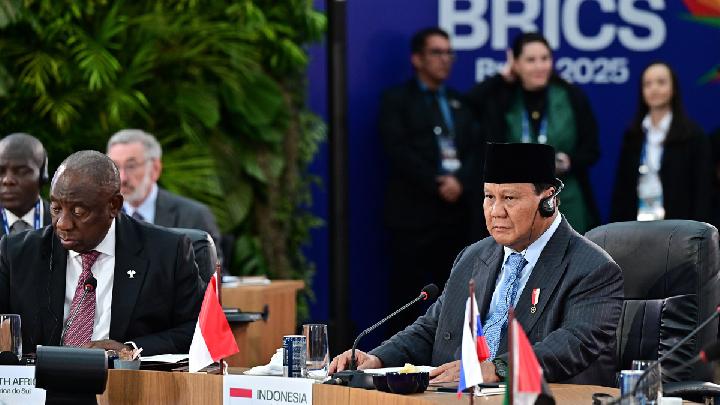
Indonesian President Prabowo Subianto highlighted climate change and global health crisis while attending the BRICS summit.
BMKG: Climate Change Fuels Unpredictable Extreme Weather
3 hari lalu

BMKG's Deputy of Climatology, Ardhasena Sopaheluwakan, highlighted that the Earth's temperature has risen considerably since the pre-industrial era.
How Heatwaves Impact the Economies Across Europe
7 hari lalu

Heatwaves have gripped Europe over the past week, with Portugal and Italy among the most affected. Here's how the extreme heat affects the economy.
Indonesia Reaches New Level of Climate Change, BRIN Study Reveals
10 hari lalu

BRIN noted that the rainy season now tends to last longer, yet dry days without rain are becoming more frequent.
Canadian Prime Minister Invites President Prabowo to G7 Summit
32 hari lalu

Canadian Prime Minister Carney personally conveyed the invitation to Prabowo through a formal written invitation and a phone call on Friday, June 6.
Forests for Tycoons
37 hari lalu

Hundreds of major business groups are lining up to obtain concessions for 4.8 million hectares of forest.
Forest Fire in Canada Forces Over 26,000 Residents to Evacuate
38 hari lalu
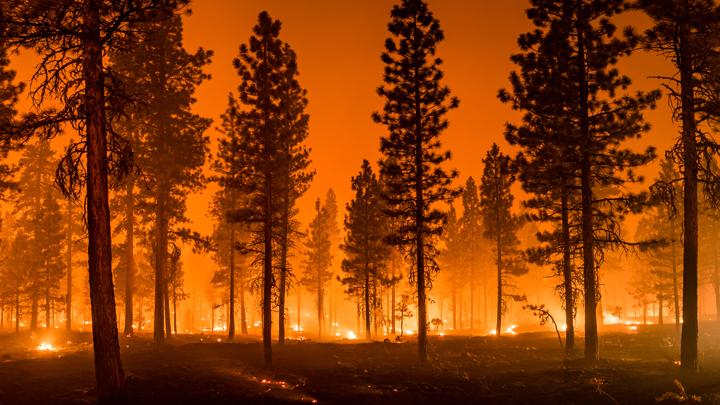
More than 26,000 residents in the western and central regions of Canada are forced to evacuate due to forest fires
Forest Fires Increase by 2024, Tropical Forests Reduced Twofold
38 hari lalu

Satellite imagery shows that the loss of tropical forests over the past year has doubled compared to 2023, with half of it attributable to forest fires.
Environmental Damage Claims More Lives Than Wars, Indonesian Minister Claims
42 hari lalu

Minister of Religious Affairs Nasaruddin Umar stated that the environmental damage has caused natural disasters that directly impact all living beings.






